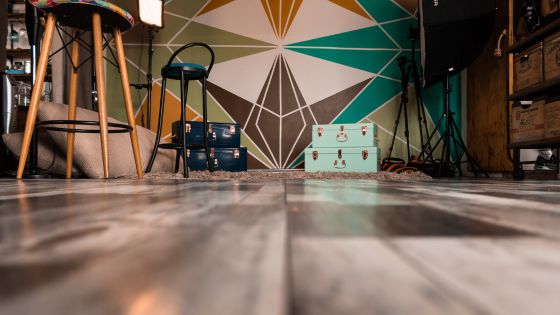As the work landscape evolves, the towering office edifices that once symbolized business prosperity in bustling cities now face an uncertain future. The surge in remote working, coupled with a focus on sustainable urban growth, leaves many office buildings vacant or underutilized. However, rather than seeing this as a sign of decline, there is vast potential to reinvent and rejuvenate these spaces.
- Transformations into Residential Spaces:
Urban Loft Apartments: Office spaces, typically characterized by expansive floor plans and abundant natural light, are primed for conversion into trendy urban loft apartments. Such renovations meet the growing demand for urban housing and lend a contemporary aesthetic to cityscapes.
Affordable Housing Initiatives: The sheer volume of space within office buildings can be repartitioned into multiple smaller living quarters. This is an opportunity to address the housing crisis many urban areas face, offering more affordable living options to those in need.
- Evolving into Community and Collaborative Hubs:
Dynamic Co-working Spaces: The digital age entrepreneur or freelancer often seeks flexible working spaces that are both professional and collaborative. By retrofitting office buildings into co-working hubs, cities can provide high-speed connectivity, networking spaces, interactive conference rooms, and leisure areas, like cafes or lounges.
Vibrant Community Centers: Beyond work, these buildings can morph into cultural and community epicenters. Think art galleries, music schools, mini-theatres, or venues for workshops and talks. Such transformations foster creativity, learning, and community engagement.
- Urban Agriculture and Green Spaces:
Rooftop Farming Paradises: The expansive rooftops that crown office buildings present a golden opportunity for urban agriculture. By establishing greenhouses or open-air gardens, cities can produce local, organic produce, reducing carbon footprints linked to transportation.
Indoor Farming Wonders: By leveraging advanced farming technologies like hydroponics or aeroponics, office spaces can be repurposed into year-round agricultural hubs, growing everything from herbs to vegetables, regardless of the season.
- Educational and Skill Development Centers:
State-of-the-Art Training Facilities: The modern economy demands continuous learning. Office buildings can evolve into centers that offer specialized vocational training, tech boot camps, or even language schools. Their design, inherently segmented and compartmentalized, makes them ideal for such transformations.
Childcare and Early Learning Centers: In urban centers, office buildings are easily accessible, making them ideal locations for nurseries or early education centers. Such institutions can cater to working parents, offering top-notch facilities due to the inherent infrastructure.
- Health, Recreation, and Well-being Retreats:
Elite Fitness and Wellness Centers: The spacious layouts of office buildings are perfect for housing fitness centers, pilates studios, or even indoor climbing walls. Their central locales make them attractive to urbanites keen on maintaining their fitness regimes.
Urban Wellness Sanctuaries: Amidst the hustle and bustle of city life, office buildings can become islands of calm and rejuvenation. Imagine spaces dedicated to spas, meditation, holistic healing, or mental health counseling centers.

